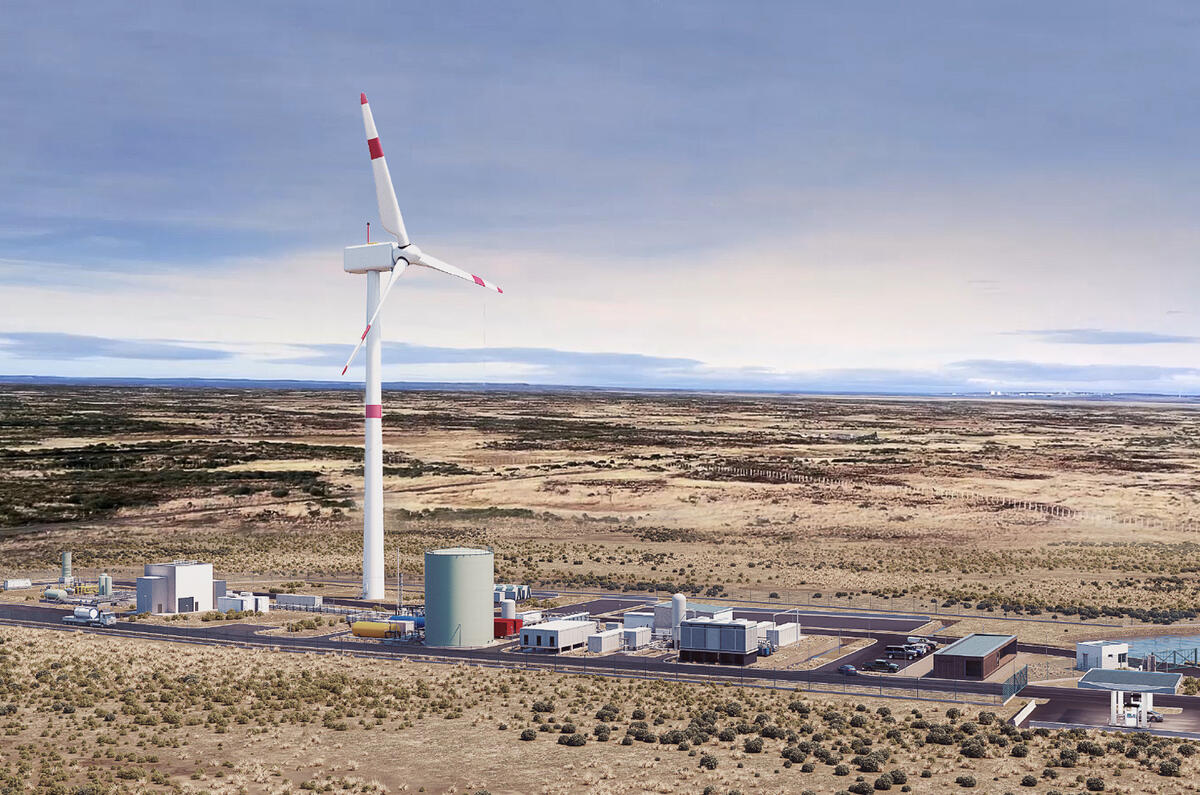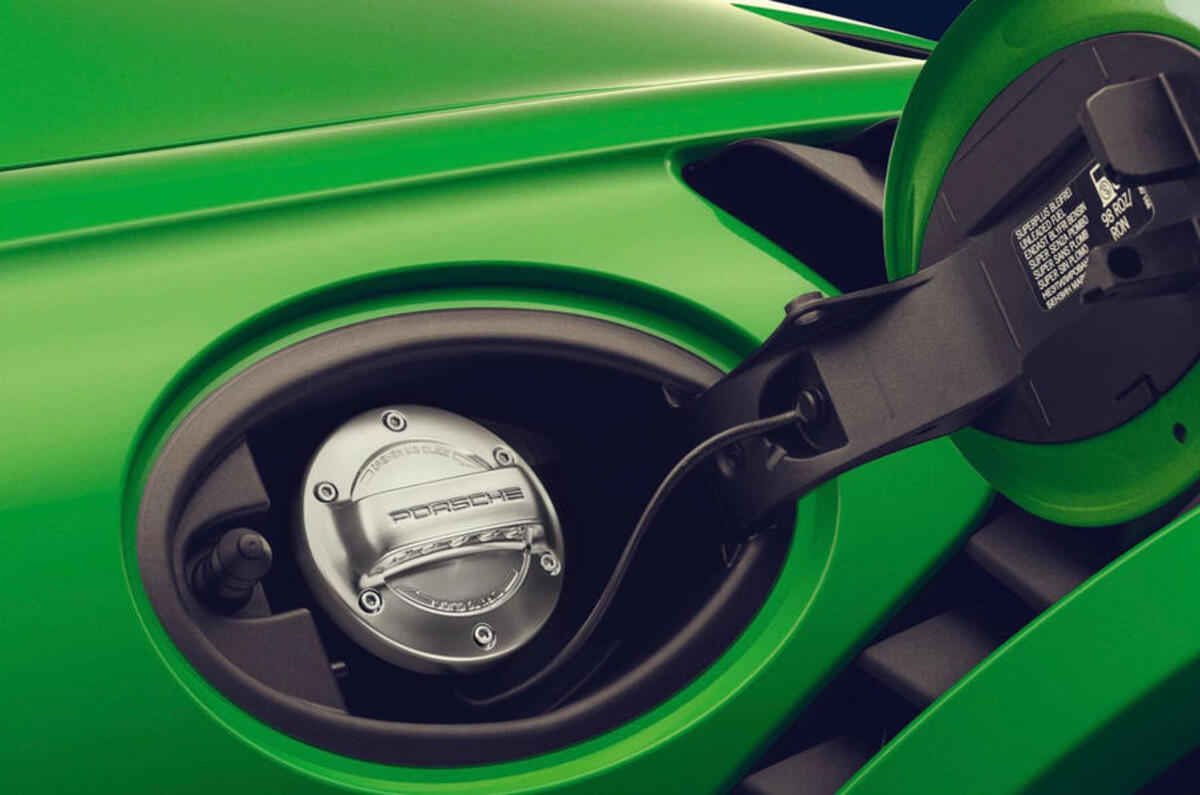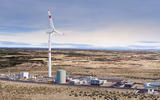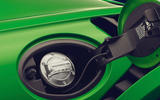Porsche has begun pilot production of synthetic fuels in Chile, with an initial target of roughly 28,500 gallons (130,000 litres) annually.
Use of the fuel – described as nearly CO2-neutral and compatible with unmodified combustion engines – will initially be limited to Porsche’s Experience Centres and Mobil 1 Supercup race cars.







Join the debate
Add your comment
I am making a real GOOD MONEY ($550 to $750 / hr) online from my laptop. Last month I GOT chek of nearly 85000$, this online work is simple and straightforward, don’t have to go OFFICE, Its home online job. hh40 You become independent after joining this JOB. I really thanks to my FRIEND who refer me this SITE…..,
>>>>>>> EarnCash7.com
Can someone please please please tell me what the 2 main ingedients are because whenever there's an article about this they make it some like it comes from water, are they trying to hide something.
They are probably making something like octane, chemical formula C8H18. Octane is used to assess the energy content of traditional fuels by comparing the performance of a standard research engine running octane with the candidate fuel.
So the water (H20) provides the H or hydrogen part of the fuel and the C, carbon, comes from carbon dioxide, CO2.